Tips for Executing a Successful AT Plan
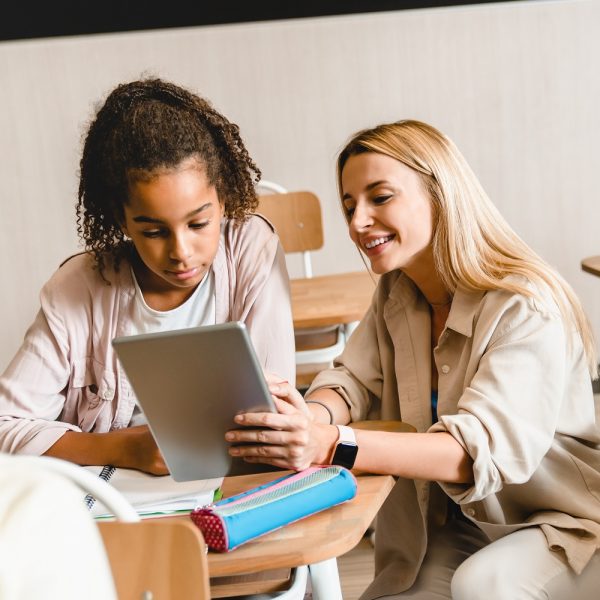
When it comes to successfully adopting assistive technology (AT) there’s a lot more that goes into it besides simply choosing the right technology. Developing and executing a successful AT plan takes planning, patience, and lots of adjustments along the way. That’s why we’ve developed specific techniques to ensure that you, your child, or your student can get the absolute most out of their AT adoption experience.
Articulation Station
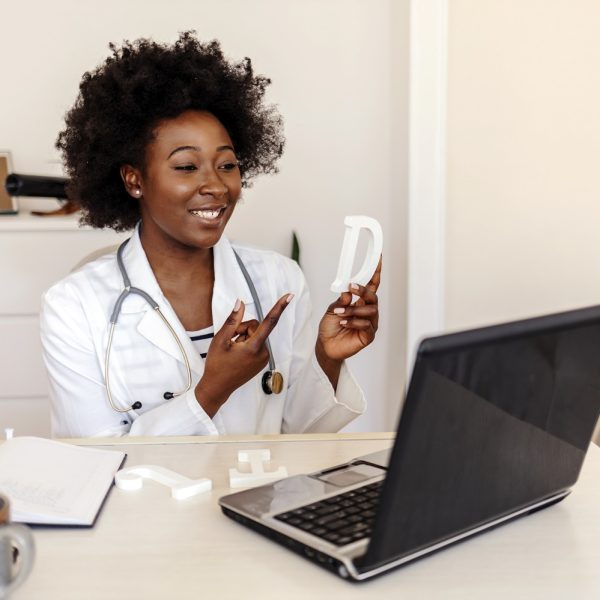
For school-aged children (and even some adults) properly articulating sounds can be a real challenge. This is of course especially true for individuals with learning disabilities, or for those who struggle with auditory learning. For the most part, it’s always recommended to touch base with a certified Speech-Language Pathologist, but for individuals with minor speech related issues, there are apps available that are designed to teach and reinforce proper pronunciation/articulation.
Articulation Station is a speech practice app for iOS that allows you to explore and practice every sound used in the English language. The app is bright and colorful, very intuitively designed, and it offers a wide variety of articulation-based activities to choose from. The voices and articulations are high quality and very clear, making it easier for someone with auditory or hearing challenges to approach.
MathMaster: An AI Powered Math-Solver
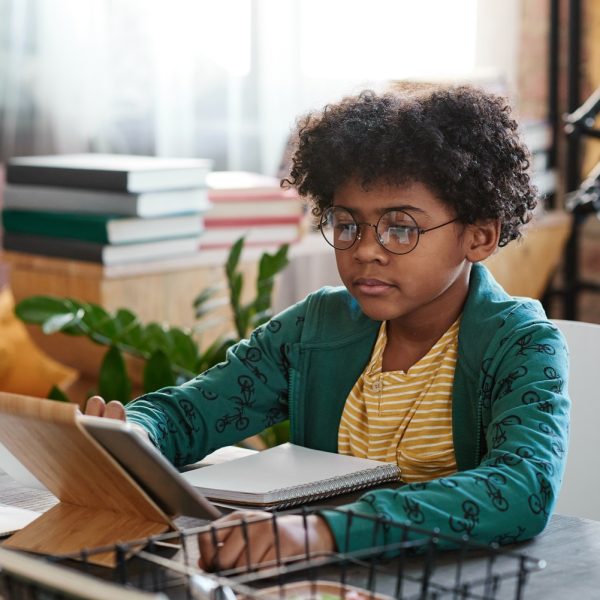
When it comes to learning, whether it’s math, social studies, language arts, or any other subject matter, we know that learning that topic in school is almost always the best approach. And we also know that having that information delivered by a teacher is over and above the best way to deliver instruction, for a variety of reasons.
But what about when it’s after hours, and the teacher is not available to answer a specific question? Or if the student is tasked with independently solving an extensive equation that includes steps or concepts that they don’t yet fully understand. Maybe there’s one small concept holding them back, but they are too shy to interrupt a busy classroom to re-visit the concept with which they are struggling. Of course, for those who can afford it, tutoring is probably the best option, because as we stated earlier, human based instruction is always ideal. But not everyone has the time or money for tutoring. So, what other options are there?
We Have Solutions! – Episode 14: Accessibility and AI with Nakia Singh
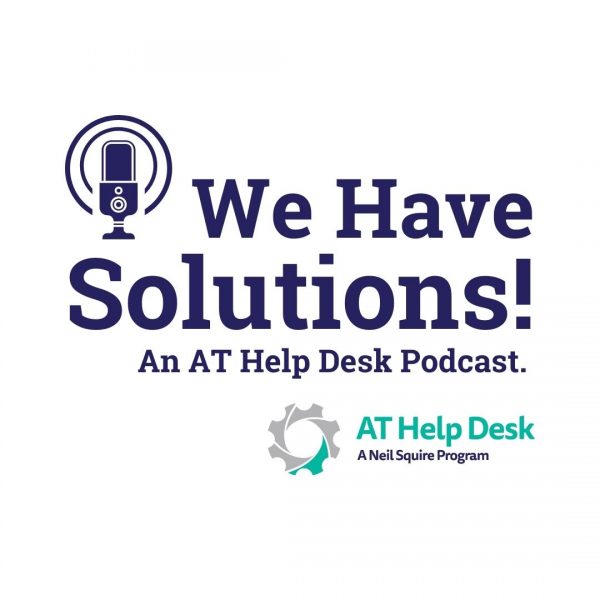
On today’s episode we are joined once again by our accessibility and tech guru, Nakia Singh. Join us as we talk about accessibility hacks for persons with visual impairments, dive into the implications of AI as an accessibility tool, review some in-depth AT case studies, and much more!
Troubleshooting Tech Tips
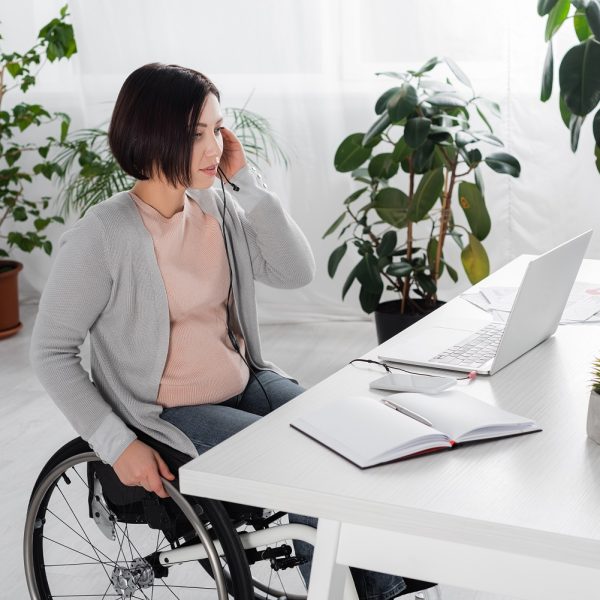
Technology not working? Try these steps!
Otsimo Education

Lately, we’ve been noticing that the Special Education category in the App store has been filling up with some pretty incredible learning apps. We’ve already looked at a few of these apps in recent articles (see Starfall and Homer for more), but today we are looking at a learning app specifically designed for children with learning disabilities.
Otsimo is an award-winning special education app available for iOS and Android. And while it is designed for children with autism in mind, it can be helpful for students with a variety of challenges, including ADD/ADHD, Down Syndrome, speech challenges, aphasia, Asperger’s, as well as other learning differences.
How to: Use the Microsoft 365 Accessibility Checker
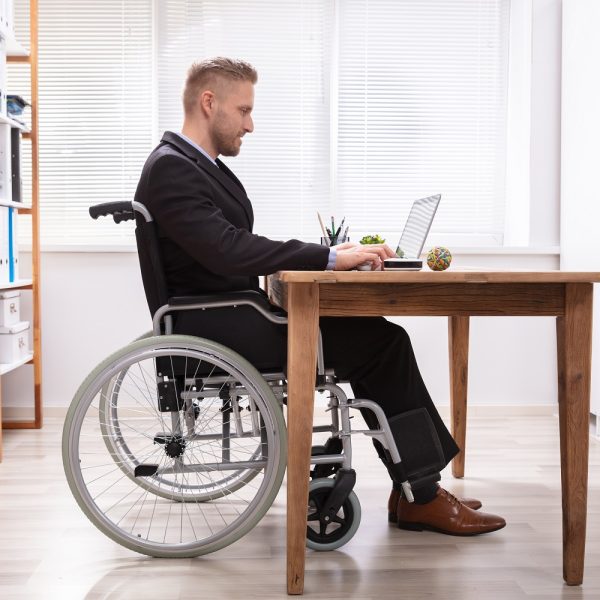
The awareness and implementation of accessibility features within mainstream technology has been growing over the years, and Microsoft has recently made some big improvements to the overall accessibility of their products. Today we are going to talk about one of those newer features, the Microsoft 365 Accessibility checker. This tool is available to individuals using Outlook, Word, Excel, OneNote, PowerPoint, and Visio, and it visible to web users as well as those using the full version of the app on PC or Mac.
Starfall Education
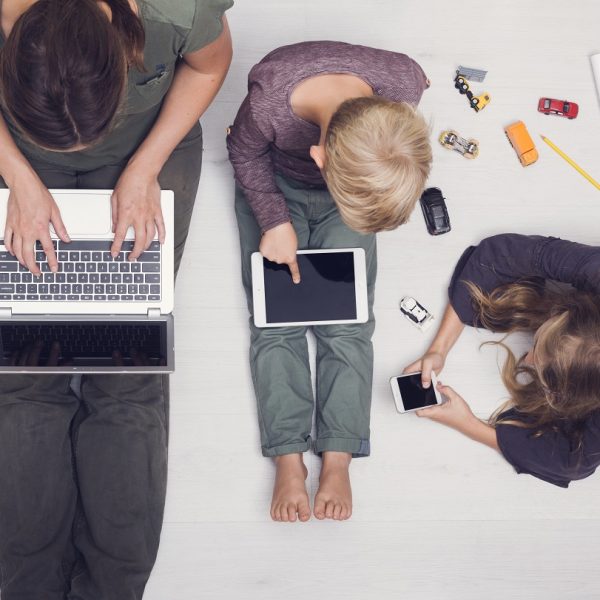
At this point we’ve covered more than a few learning apps, but the truth is, not all of these apps are truly accessible from the box. Today we are going to look at a learning app that takes accessibility seriously, so regardless of what platform you are accessing the app from, you’ll have more than a few options when it comes to tweaking the accessibility of your learning environment.
Starfall is learning/education app that covers pre-K to grade 3 and offers lessons and activities related to math, reading, music, English, and more. It offers a variety of reading activities including phonics, talking library, and other activities designed to teach the fundamentals of reading. The app also offers a variety of seasonal activities like Halloween fractions, Valentines Day card maker, songs about individuality, and more.
Relumino VR
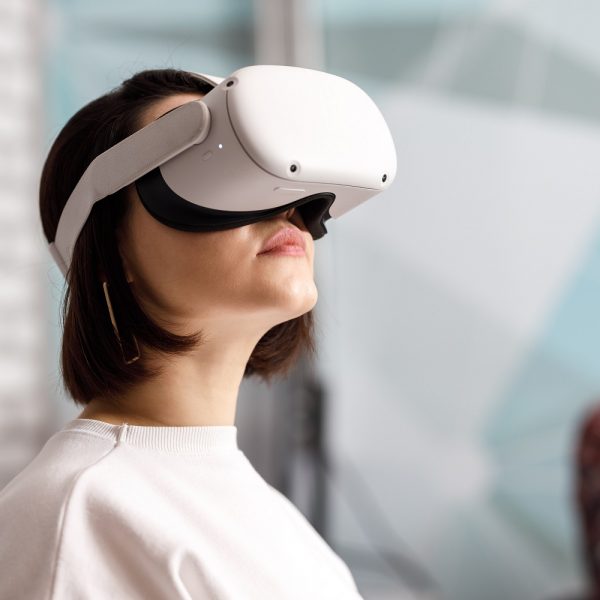
We’ve already discussed high-tech devices for partially sighted users such as the Orcam MyEye in past e-bulletins, and while these are incredible pieces of technology, they typically cost between two and five thousand dollars, putting them out of reach for most users. Today, we are going to look at similar type of device that costs a fraction of that price but still offers some great features for individuals with low vision.
Relumino is a Samsung app that harnesses the power of Samsung Gear VR and turns it into an incredible piece of assistive technology. The Samsung Gear VR headset retails for about $60 CDN, and as long as you pair it with a Samsung Galaxy 8 or Note 7 (or above) then you can access this app. Please note that because this is a Samsung app, only Samsung smartphones are compatible. But, any model Samsung VR Gear will work, so you might be able to find an older headset for next to no cost.
We Have Solutions! – Episode 13: Mainstream AT with Erin LeBlanc

Today we are joined by digital literacy and assistive technology trainer Erin LeBlanc. In this episode, we explore some of our favorite mainstream technologies and apps that can also function as AT. We talk UDL, barriers to bringing technology into the classroom, and more.



